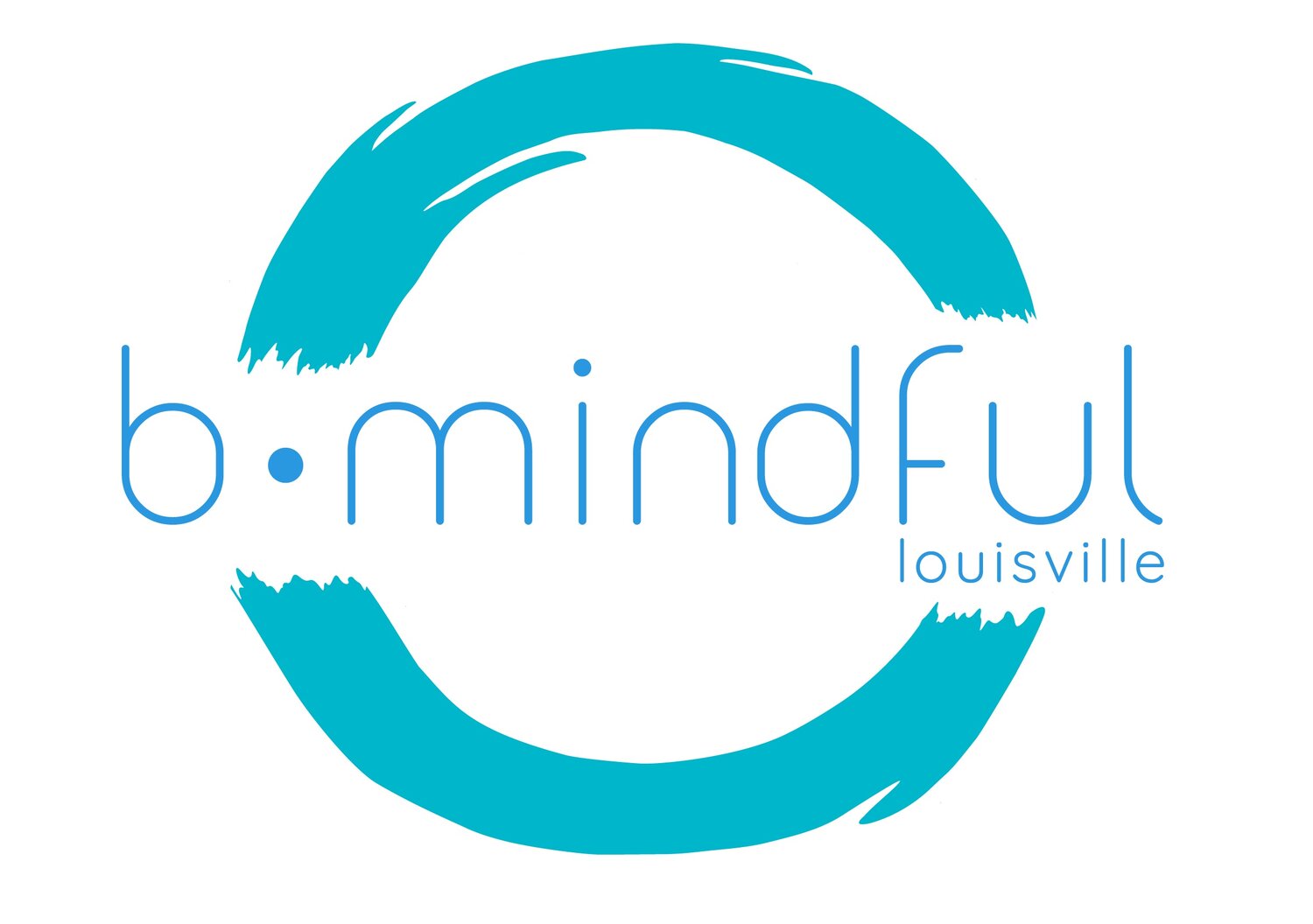Busting The Self Care Myths
/So you've probably heard all about how you need to be engaging in self-care, right? It is pretty important part of your mental health. But what exactly does self-care entail? How do we make it a part of our every day life? I'm here to answer some questions and bust some myths so that we can demystify self-care and make it something real and meaningful for your everyday life. In this post, be prepared to explore the nitty gritty about self-care, like how it does not equate to having wine and watching real housewives (but it can look like that sometimes), and how it doesn't have to cost you money (really, it doesn't!), and how self-care can look different for everyone (it's individualized!). Let's get started:
Myth #1: Self-Care is just Treatin' Yo'Self
This one is a big one! I often talk with my clients about the difference between self-care and self-pampering. They are not the same! Pampering yourself might mean getting your nails done, stopping to get a cold brew on a Monday morning, treating yourself to ice cream and binge-watching Netflix, or taking a bubble bath. These things have their place--believe me, they are important, and they can be acts of self-care--but self-care doesn't always look like this. Sometimes, self-care sucks! It's paying your bills, dragging yourself to the gym, or not procrastinating on that big project. It's doing those important things that make life a little easier for us in the long run, even though it might not be what we want to do in the moment. Being accountable to ourselves is a huge form of self-care. Please do still treat yourself (you deserve it), but recognize that self-care is much deeper than that.
Myth #2: Self-care is Optional
Fact: Self-care is 100% necessary. If we allow ourselves to put self-care on a back-burner, we're likely to run ourselves ragged. You've been there--maybe you're there now. When we feel this way, we often turn to unhealthy forms of rest and relaxation, like overeating, substance use, oversleeping, or avoiding responsibilities. These are usually red flags that we need some self-care, stat!
Myth #3: Self-care is Expensive
Fact: Self-care often costs nothing. People often conjure images of lavish spa days or expensive vacations when the words "self-care" enter the conversation. Self-care can be as small as taking a deep breath, journaling, meditating, going for a walk, or deciding to forgoe the party to stay home for "me-time." These acts don't cost a dime, but give you a wealth of self-care.
Myth #4: Self-care is Selfish
Fact: Self-care is kind. When you allow yourself to practice self-care, you recharge. You give yourself balance. Think of your life like a cell phone battery--you can't do much for yourself or anyone else if you're at 20%. Even if you give everything you've got, you've only got 20% to give. Self-care is like plugging yourself in and getting yourself back to 100% (or at least 75%).
Myth #5: Self-care is a Quick Fix
Fact: Self-care is comprised of daily habits. Habits that take time and practice to develop. Self-care is ever-evolving. It won't always look the same throughout your life. It does take work to keep up with it. Consistently keeping up with your self-care is part of the process to maintain your mental health.
Now that we've busted some myths and you're that much in the know about self-care, let's talk about implementation. Below you'll find a chart that I often share with clients. You'll find that self-care comes in many forms in the different facets of your life. Don't be overwhelmed by it--it's all about balancing out the wheel of self-care. So, how will you care for yourself today?
Written by Kayla Renteria, LPCC - mental health counselor with Renteria Counseling in Louisville, KY
I work with children, adolescents, and adults with a variety of presenting concerns. Many of my clients come to me with concerns related to anxiety, depression, relationship issues, and past trauma. My experience as a therapist has provided me the opportunity to work alongside clients from many different walks of life. My philosophy on treatment is to empower my clients through a trusting relationship, compassion for their situation, understanding that they are doing the best they can with what they have, and a good measure of humor to keep things real. I specialize in treating trauma, depression, and anxiety.
I am also trained in EMDR, a highly effective and efficient treatment modality for trauma and mood disorders. I know how uncomfortable it can be to address painful moments in the past and present. I am honored to walk alongside my clients as we work to heal the past and move forward in a healthy way.
My educational and professional experiences have provided me with the expertise to guide you, utilizing evidence-based treatment principles and an unwavering sense of compassion. I would love the opportunity to talk with you about how I can help you. When you're ready, give me a call or use this link to schedule “.
The mental health and wellness professionals that practice out of b.mindful Louisville are skilled in what they do. Each specializing in their own area and caring for their clients in their own unique way.
If you need help finding the best human helper to meet your specific needs, email us for one-on-one assistance.
*The information and resources contained on this website are for informational purposes only and are not intended to assess, diagnose, or treat any medical and/or mental health disease or condition. The use of this website does not imply nor establish any type of therapist-client relationship. Furthermore, the information obtained from this site should not be considered a substitute for a thorough medical and/or mental health evaluation by an appropriately credentialed and licensed professional.




